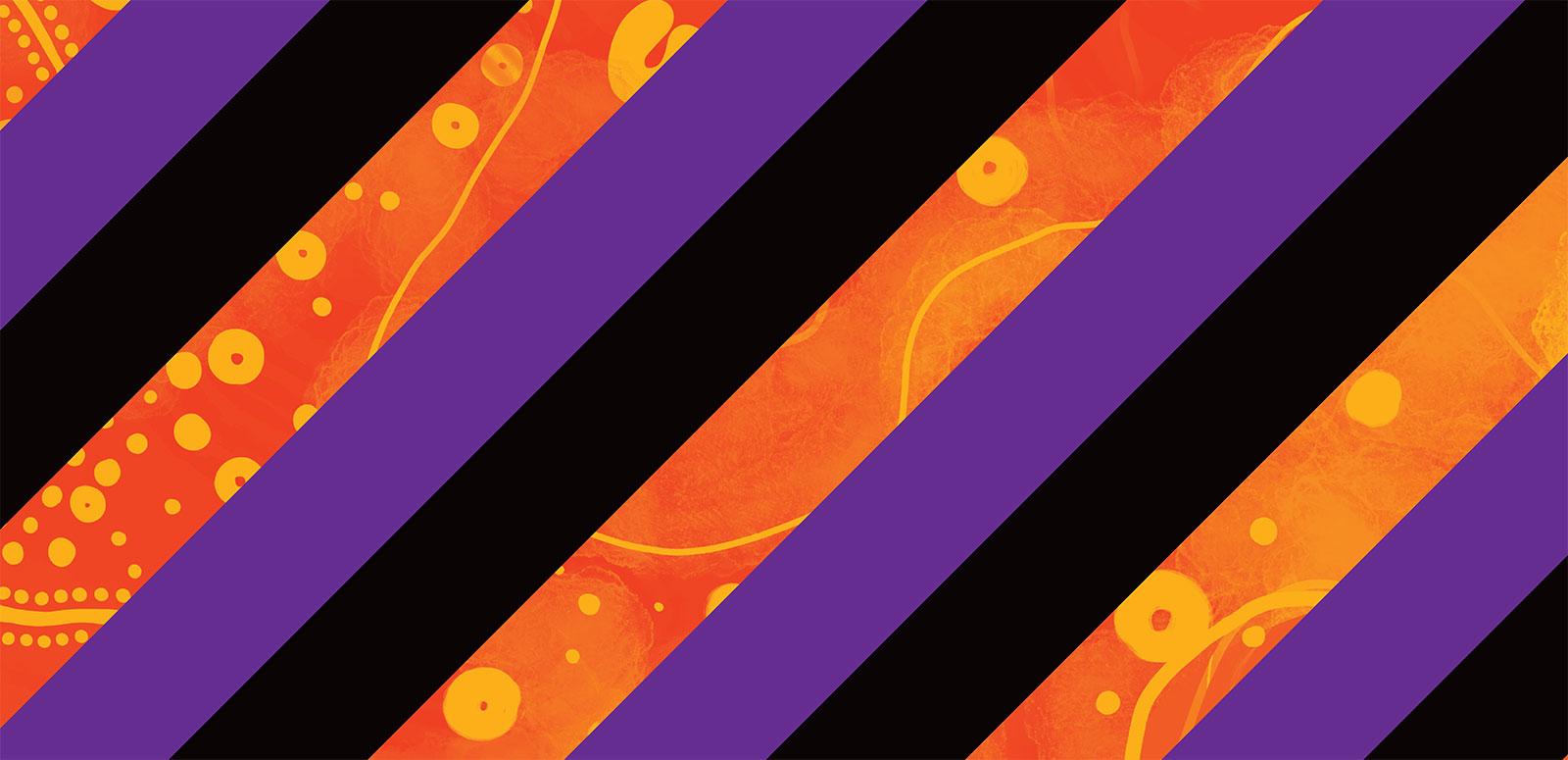The theme for National Reconciliation Week 2024 is 'Now More than Ever'. To mark this week, Lucille Paterson from the NFSA's Governance team shares her experience of participating in a recent Reconcilation Australia-led Learning Circle.


The theme for National Reconciliation Week 2024 is 'Now More than Ever'. To mark this week, Lucille Paterson from the NFSA's Governance team shares her experience of participating in a recent Reconcilation Australia-led Learning Circle.
Promotional video for National Reconciliation Week 2024. Courtesy Reconciliation Australia.
As a national collecting institution, the NFSA preserves a vast collection of works made about and created by Aboriginal and Torres Strait Islander peoples. These collections span thousands of years of living culture and include moving images and sounds recorded over the last 125 years. We don’t own this collection. We are its custodians; facilitators who aspire to help preserve and share the audiovisual memories of the First Australians, while embedding Aboriginal and Torres Strait Islander peoples’ knowledge and perspectives into our own values, behaviours and practice.
In a step in this ongoing journey, two staff members from the NFSA took part in a Reconciliation Action Plan (RAP) Learning Circle on 8 May 2024. An initiative by Reconciliation Australia, the Learning Circles serve as knowledge-sharing platforms, focusing on the elements that contribute to a successful RAP and strategies for implementation.
While participating organisations were from a broad range of sectors, the importance of trust and developing strong relationships for sustainable partnerships with First Nations stakeholders and communities was a central theme. Discussions at the Learning Circle underscored various strategies for cultural competency training and ways to engage all staff members in an organisation’s reconciliation efforts. A recurring conversation was the necessity for specialised training for supervisors managing First Nations employees. Reconciliation Australia's Reconciliation Workplace Barometer survey also highlights the role of supervisors, revealing that middle managers often exhibit lower levels of engagement in reconciliation, posing a challenge to organisational commitment.
The event also featured compelling presentations from guest speakers who shared their approaches to reconciliation within their respective fields. Braedon Talbot from the Port Adelaide Football Club detailed the club’s community programs aimed at engaging Indigenous students through football. As a Program Manager and Assistant Coach, Talbot emphasised the importance of involving senior management and players to embed the club’s reconciliation commitments throughout the organisation. His approach aligns with the NFSA’s own efforts to embed Aboriginal and Torres Strait Islander perspectives into its values, behaviours and practices.
Anna Russo, Manager from the South Australia Museum, spoke about a cultural shift in the museum’s approach to ancestral remains from taking a historical perspective of them as specimens for scientific research to culturally appropriate recognition and respect. The new approach responds to international and national developments and is informed by close consultation with South Australian Aboriginal communities. The museum is now working with Aboriginal communities to return remains to Country for reburial. Anna emphasised relationships with Aboriginal communities as foundational to the repatriation process and the museum’s responsibility to acknowledge the history behind its holding of ancestral remains.
This mirrors the NFSA’s commitment to returning knowledge to Country and adapting to cultural shifts within GLAM (Galleries, Libraries, Archives and Museums) institutions and beyond.
The Central Australian Aboriginal Digitisation Project, NFSA, 2023.
For the NFSA, the Learning Circle provided invaluable insights, particularly the emphasis on partnering with and being guided by Indigenous stakeholders in handling materials related to First Nations people. These insights are crucial for the NFSA as it continues its mission to support and share Aboriginal and Torres Strait Islander stories and ensure that their perspectives are integral to all aspects of our work, reinforcing our role as a custodian rather than an owner of these invaluable cultural treasures.
The National Film and Sound Archive of Australia acknowledges Australia’s Aboriginal and Torres Strait Islander peoples as the Traditional Custodians of the land on which we work and live and gives respect to their Elders both past and present.